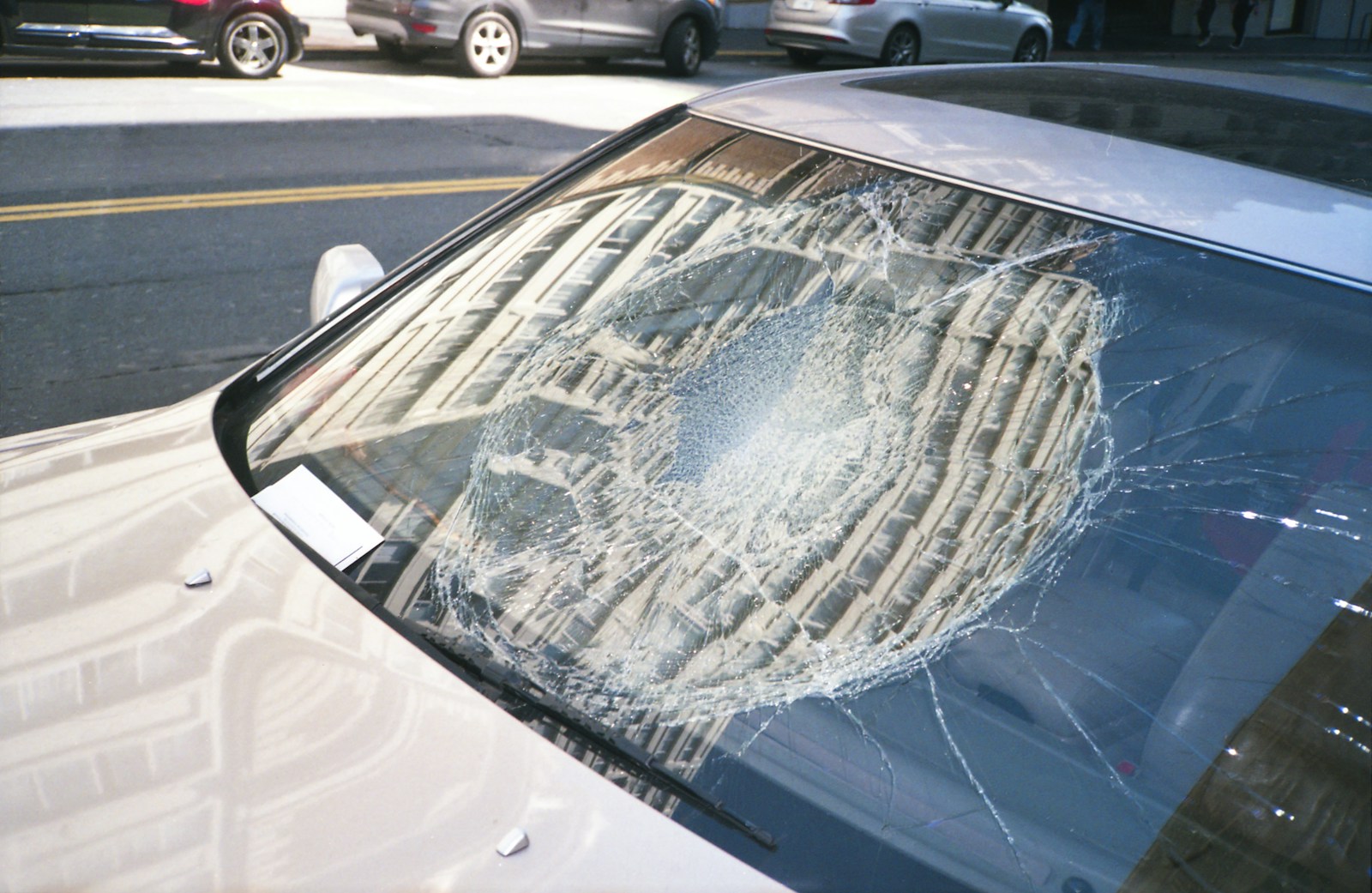A Comprehensive Guide for Alabama and Georgia Residents
Are you an Alabama or Georgia resident curious about full glass coverage for your vehicle? Look no further! In this blog post, we’ll delve into the intricacies of how full glass coverage works, ensuring you’re equipped with the knowledge to make informed decisions about protecting your vehicle’s glass components.
Exploring Full Glass Coverage:
Full glass coverage, an optional add-on to your comprehensive auto insurance policy, provides essential protection for your vehicle’s glass components. Whether it’s a chip, crack, or shattered window, full glass coverage steps in to cover the repair or replacement costs.
Key Benefits of Full Glass Coverage:
- Cost Savings: Full glass coverage can save you money on out-of-pocket expenses for repairing or replacing damaged glass components. Instead of paying the full cost of repairs yourself, your insurance policy will cover the expenses, minus any deductible.
- Protection Against Common Hazards: Glass damage is a common occurrence on the road, whether it’s from flying debris, rocks kicked up by other vehicles, or extreme weather conditions. Full glass coverage provides financial protection against these hazards, ensuring that you won’t have to bear the cost of repairs alone.
- Convenience: Dealing with damaged glass can be inconvenient and time-consuming. With full glass coverage, you can typically get repairs done quickly and efficiently through your insurance provider’s network of approved repair shops. This means less hassle and downtime for you.
- Preservation of Vehicle Value: A vehicle with damaged or cracked glass can decrease in value. By promptly repairing or replacing damaged glass components with full glass coverage, you help maintain the resale or trade-in value of your vehicle.
- Peace of Mind: Knowing that you’re financially protected against glass damage can provide peace of mind while driving. You can focus on the road ahead without worrying about the potential cost of repairing or replacing damaged glass.
- Comprehensive Coverage: From rock chips to vandalism, full glass coverage offers comprehensive protection against a wide range of glass-related incidents, giving you peace of mind wherever you drive.
Navigating Deductibles:
Full glass coverage typically involves deductibles, which are the amount you pay out of pocket before your insurance coverage kicks in. These deductibles can be fixed, where you pay a set amount for glass repairs or replacements, or zero deductible options may be available, eliminating the need for any upfront payment. Depending on your policy, deductibles for full glass coverage may differ from deductibles for other types of coverage, such as collision or comprehensive coverage. It’s essential to review your policy documents to understand the terms and conditions, including deductible amounts and coverage limits, associated with full glass coverage. When selecting a full glass coverage policy, consider factors such as deductible amounts, premium costs, and coverage limits to find the best option for your needs and budget. If you have questions about deductibles or any other aspect of your auto insurance policy, don’t hesitate to contact your insurance provider for clarification
Driving With A Cracked Or Damaged Windshield
Driving with a cracked or damaged windshield can pose significant safety risks for several reasons. Firstly, a compromised windshield may impair visibility, making it difficult for drivers to see clearly and react to potential hazards on the road. Additionally, a damaged windshield is structurally weaker and may be more prone to shattering or collapsing in the event of a collision, increasing the risk of injury to vehicle occupants. Furthermore, cracks or chips in the windshield can worsen over time due to factors like temperature changes and road vibrations, potentially leading to sudden failure while driving.
In both Alabama and Georgia, driving with a cracked or damaged windshield can be illegal under certain conditions. While neither state explicitly prohibits driving with a cracked windshield, law enforcement officers may issue citations if the damage obstructs the driver’s view or compromises the vehicle’s safety. In Alabama, for example, the law states that windshields must be free from any vision-impairing substances or conditions, and a cracked windshield that obstructs the driver’s view could lead to a citation. Similarly, in Georgia, drivers can receive a citation if their windshield has cracks that obstruct their view of the road. Therefore, it’s crucial for motorists in both states to ensure their windshields are free from significant cracks or damage that could impair their ability to drive safely and comply with legal requirements.
Wrapping it Up:
For Alabama and Georgia residents seeking comprehensive protection for their vehicles, full glass coverage is a must-have addition to their auto insurance policy. With financial security, convenience, and peace of mind on the road, full glass coverage ensures you’re prepared for whatever comes your way. Contact AL-GA Insurance today to learn more about full glass coverage and discover the right policy for your needs. Drive confidently, knowing your vehicle is safeguarded every mile of the way.
For more information we recommend reading AutoInsurance.org or some of our previous blog post: Navigating The Complexities Of Uninsured And Under Insured Motorist Coverage! or Helping Alabama and Georgia Drive To Affordable Insurance Coverage.



No responses yet